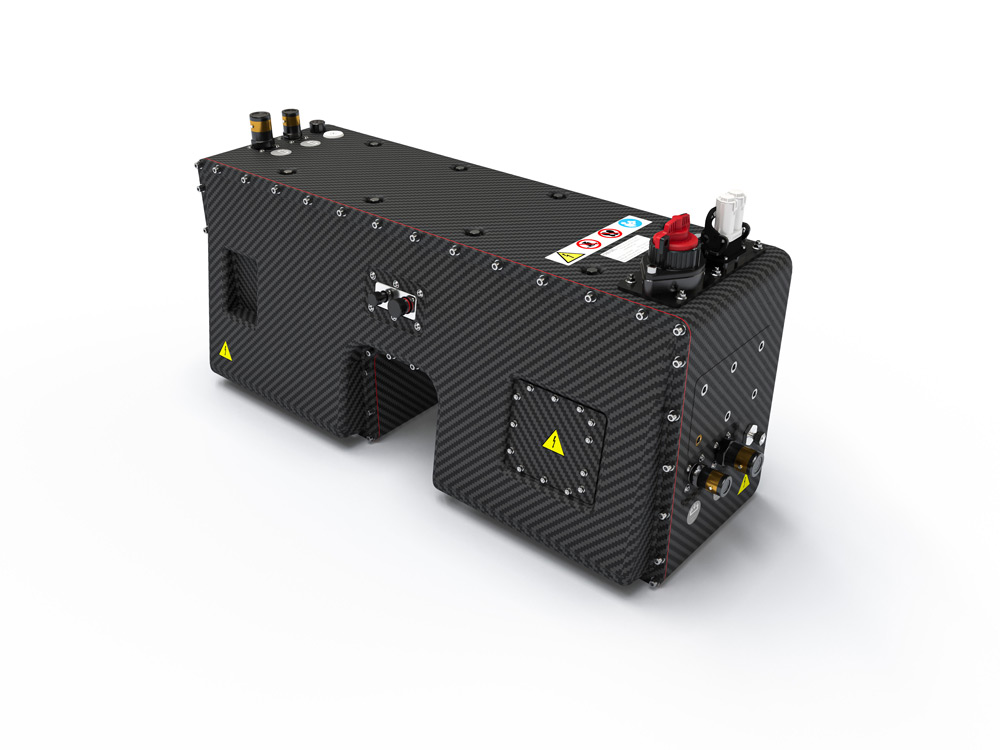One of the greatest challenges for any form of motorsport in the 2020s is to stay relevant, and be seen to be doing the right things for a sustainable future.
Under those challenges, there’s perhaps no form of motorsport that is at risk more than rallying.
Unlike circuit racing, drags or speedway, rallying closes public roads for extended periods of time, and as a result, usually has a greater impact on the general public.
From 2022 onwards, the sport’s premier category, the World Rally Championship, will move to a new formula that includes hybrid technology and sustainable fuels, with the aim of becoming carbon neutral by 2030.
The WRC’s new Rally1 class cars will include mandatory hybrid technology that uses a plug-in hybrid unit, including all necessary components and software.
The cars will have an electric motor that works in conjunction with the proven 1.6-litre turbocharged petrol engine, and will offer up to 100kW of additional power.

On road sections, the cars will run in full electric mode, reducing emissions.
During stages, teams will have the option of three personalised ‘maps’ that will allow them to deploy the hybrid power when they want it, although this major specification change hasn’t been universally welcomed.
“I definitely don’t agree on all those changes which are done and done by FIA and manufacturers all the time for moving things, just to make the car less exciting, more dangerous to drive, and at the end it could be more expensive than anything else we have seen so far in the WRC,” Hyundai’s Thierry Neuville said recently.
“So, it’s a pity. Plus, we have seen they have removed quite a lot of the aerodynamics from the cars so you hope to – at least – have some similar figures as before which would have been already difficult, but now probably going to have R5 [performance] figures from the car.
“I’m not happy at all to be honest, and I said it many times. But obviously, nobody has the balls to take different positions and go against what the FIA is deciding,” Neuville added in an interview with DirtFish.
Additional to the engine changes, a 100 per cent sustainable fuel will be used – the first in any FIA World Championship competition.
Through a collaboration with P1 Racing Fuels, Rally1 cars will run on a blend of synthetic and bio-derived components, with the partnership working together on advanced-generation biofuels and sustainable synthetic fuels derived from captured CO2 and low-carbon hydrogen.
“This will make the FIA World Rally Championship more relevant and more attractive to car makers than ever before,” FIA rally director, Yves Matton, said.
“Rallying is one of the harshest environments a production-based car can experience,” WRC Promoter Jona Siebel added.
“The WRC is a tremendous platform to develop and validate hybrid technology and renewable fuel for mass-produced vehicles, on real roads and under all circumstances.
Clearly, not everyone will agree with the changes being made, and in particular, the change from full internal combustion engines to a hybrid mix.
But the FIA have really been pushed into a corner and the move to a more sustainable future was not only inevitable, but necessary.
If we want rallying to continue to be successful and, more importantly, relevant to vehicle manufacturers, there was really no other option than to move with the times.
I remember vividly the change from Group B to Group A in 1987. In comparison, the new cars were boring to watch, but technology evolved quickly, as did the speed.
As we head towards 2022, we already have the technology required, and from the testing videos we’ve seen so far, the cars are going to be every bit as exciting to watch.
Let’s accept the change and embrace the challenges ahead. If we don’t, our sport could be headed for a dead-end, and none of us want that.



Comments